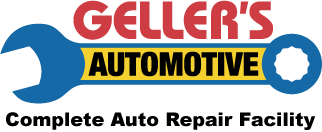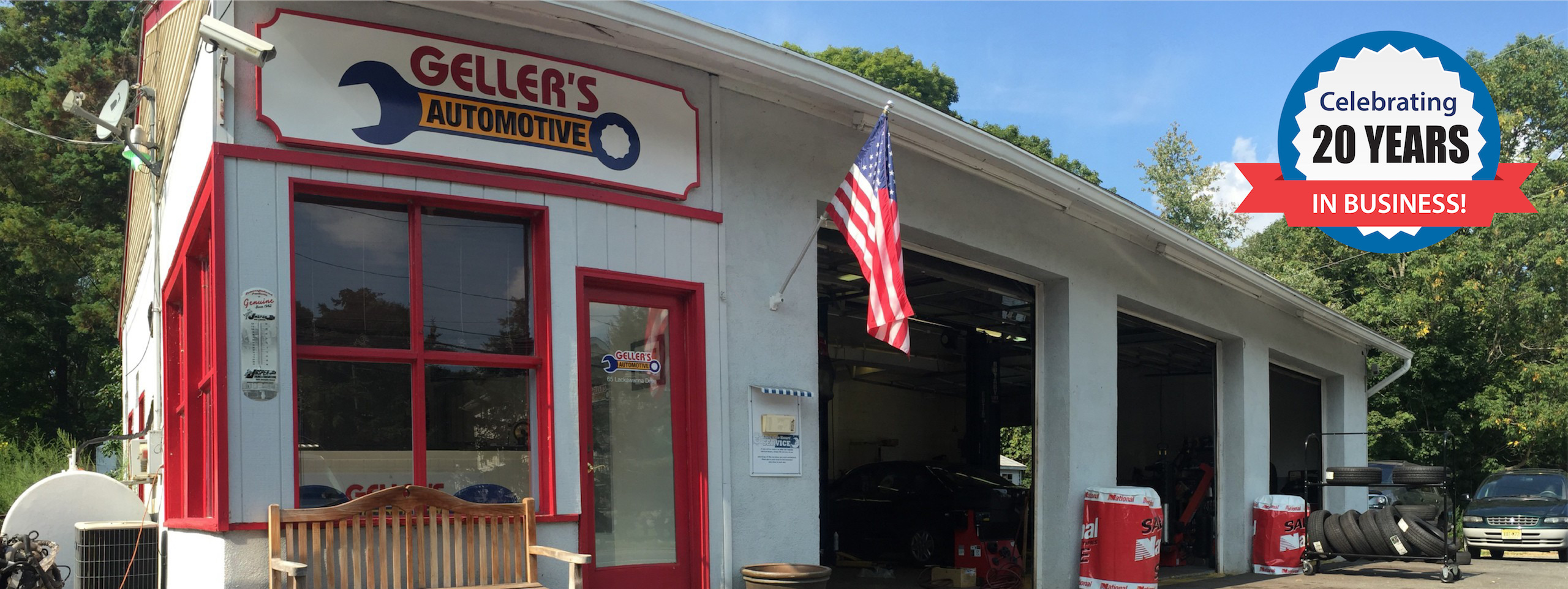
If you have ever saved up your money to buy an expensive toy or gadget, you probably focused a lot of attention on protecting your investment. For example, if you purchased an expensive camera, most likely you spent time ensuring that the lenses were clean and covered, the battery charged, and you stored the camera in a drop-proof case.
Surprisingly, our vehicle’s are also a significant investment but we do not always put the same level of effort into keeping them maintained. When we get in the vehicle to drive somewhere, many times our brains are operating on an automatic process. We rarely pay attention to what our vehicles might be telling us until it’s too late – and we have a breakdown!
If you want to prevent your vehicle from a breakdown, you can use your senses to stay alert to potential problems. When we use our eyes, ears, nose, and even touch to stay connected with our vehicles, we are more likely to avoid a costly breakdown.
Using Your Eyes
Our sense of vision is a great way to detect potential problems with our vehicles.
What do you see?
- Wear and tear: Do your tires look worn? Are the treads thin? Do you occasionally open the hood and check your hoses and belts for wear? Do you see cracked, torn, or broken belts or hoses?
- Smoke: Leaks can usually lead to smoke or steam coming from various places in the vehicle. You may see smoke or steam from the hood, or underneath the vehicle. Or, your vehicle may emit a white or dark smoke from your exhaust pipe.
- Leaks: Leaks are very easy to detect by looking underneath the vehicle. If you find puddles of oil or other fluids, there’s some type of leak. If fluids leak enough, they may burn off when the engine is hot, producing smoke.
- Warning Lights: Your vehicle dashboard is equipped with a variety of warning indicators for your major and minor vehicle systems. Learn what these mean, and promptly address them with a service professional.
Using Your Ears
We all love to drive with music in the background. Consider driving one day without any music and listen to what your car is telling you. As parts begin to fail in your vehicle, they may hear specific sounds that can alert you to potential breakdown.
What do you hear?
- Squeaks: Squeaking sounds can be the result of suspension, steering or braking problems.
- Squeals, Grinding, or Screeching: These sounds typically alert us to problems within the braking system.
- Rumbling or Sputtering: You may hear a rumbling or sputtering sound coming from your exhaust, which could raise an alert to a problem with your exhaust system.
- Thumps and Knocks: These sounds could be an indication there’s a problem with one or more of your tires.
Using Your Nose
If you discount the discarded bag of a half-eaten hamburger in the back seat that was left there two weeks earlier, your vehicle can alert you to problems through unusual smells.
What do you smell?
- Rotten Eggs: If you smell rotten eggs, it could be a sign that there’s a problem with your catalytic converter.
- Metallic Burning: Burning smells are sometimes an indication of something wrong with your electrical system in the vehicle.
- Miscellaneous Odors:There are a variety of fluids in your vehicle that when leaked, can emit smells from being burned on hot engine parts.
Using Your Touch
Finally, our sense of touch can be a good judge of what is normal versus a potential problem.
What do you feel?
- Shimmies and Shakes: If your steering wheel shimmies or shakes, it could be a sign of alignment or steering system issues.
- Roughness and bumpiness: When there are suspension or tire problems, you may feel the road more or the ride will not be as smooth.
- Shudders and vibrations: Problems with tires may cause the car to shudder and vibrate through the steering wheel, or even your driver’s seat.
The next time you get in your vehicle, turn on your senses and use your cognitive process to stay alert to ways your vehicle may be trying to communicate with you.
In the unfortunate circumstance that you do breakdown, make sure to follow these steps to ensure you and your vehicle occupants are safe:
- Evaluate where you can safely slow down and pull over to the side of the road.
- Ensure you are away from the road as much as possible.
- Engage your hazard lights.
- Stay in your vehicle. If you have to exit, make sure to check for oncoming traffic and safely exit the vehicle to a spot a safe distance from the road.
- If you have them, set up flares or triangles. If not, open your hood and tie a white cloth around the door handle.
- Contact a service professional or automobile club for assistance.
Trust all your vehicle care to the professionals at Geller’s Automotive in Byram, New Jersey. If you notice any of the problems listed here, schedule an appointment for us to take a look and get it fixed. We can also handle all your routine maintenance so you can minimize the possibility of having a vehicle break down.



